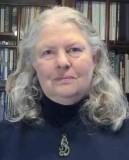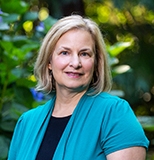Dr Kathryn Mannix

Writer and End of Life Care Campaigner, UK
Retired Palliative Care Medicine Consultant and Cognitive Behaviour Therapist
Kathryn has spent her medical career working with people who have incurable, advanced illnesses. Starting in cancer care and changing career to become a pioneer of the new discipline of palliative medicine, she has worked as a palliative care consultant in teams in hospices, hospitals and in patients' own homes, optimising quality of life even as death is approaching. She is passionate about public education, and having qualified as a Cognitive Behaviour Therapist in 1993, she started the UK's (possibly the world's) first CBT clinic exclusively for palliative care patients, and devised 'CBT First Aid' training to enable palliative care colleagues to add new skills to their repertoire for helping patients.
Keynote Topic: Talking about dying
Abstract: Human mortality rates remain 100%, no matter how far medical science progresses. This makes the ability to discuss dying with our patients a core communication skill for all clinicians. From "What if ...?" questions raised by our most robust patients, to getting down to personal end of life Advance Care Planning with our patients with Long Term Conditions, to walking alongside our dying patients in their final days, this talk will consider the ways in which we can listen better, help our patients to digest unwelcome news, and be prepared to support patients and their loved ones at their deathbeds.


